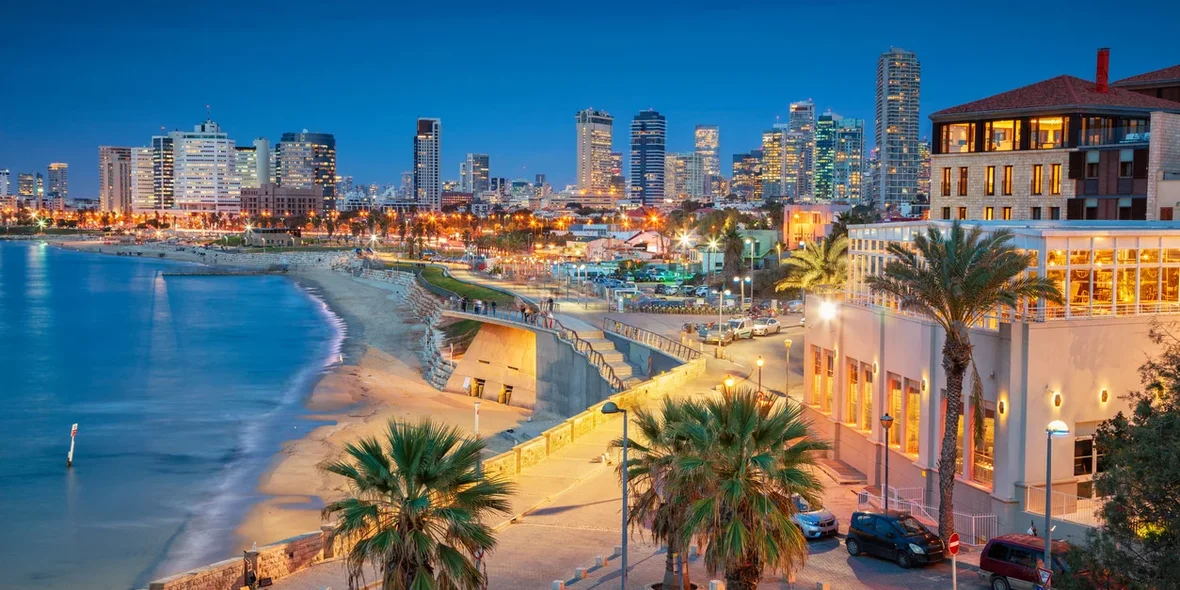
“In the decade from 2011 to 2021, housing prices in Israel increased by 346%.” The expert on the main investors in the market, the shortage of properties, and the national plan on demolishing and rebuilding old buildings
What has happened in the Israeli real estate market recently? How does the Israeli real estate market attract foreign investors? For how much, on average, can one buy apartments in Tel Aviv? All our questions about the market were answered in detail by Mr. David Bibian from THE BIBIAN GROUP ISRAEL REAL ESTATE.
“Israeli real estate prices have been rising steadily since 2008.”
— What is unique about Israel and its cities, and why does the country remain a popular destination for investors?
— Israel, which has a history of more than 4,000 years, is located at the crossroads of Europe, Asia, and Africa. And the center of it all is Tel Aviv. Imagine a mixture of New York, Florida, and California with a clean sea, amazing history, and architecture—all these aspects give this city a special energy, in addition to which there is a special warmth and hospitality of the locals.
Israeli cities are very different from one another. Tel Aviv, second only to Jerusalem in population, is very convenient (flat streets and roads, no hills, valleys, or mountains), has a convenient transportation infrastructure (with a newly opened metro line), and has access to the beach. It is generally considered the capital of Israel in real estate, technology, finance, and cultural life.
Jerusalem, on the other hand, is surrounded by mountains and hills, as is Haifa. Jerusalem as a whole has a different atmosphere and is more of a holy and spiritual place, as well as the historical and political center of the country.
— What are the latest news/updates on the market?
— Three months ago, in the spring of 2023, the Israeli Banks raised their interest rates, which caused a bit of a slowdown within the market. Nevertheless, prices have been rising constantly since 2008. The prices in Israel almost never go down; if anything, they will stay stable before rising again.
Israel is a very unique place, as it is the only Jewish state worldwide. Moreover, industries such as Technology, Medicine, Agriculture, Real Estate, and Finance are very strong on their own and are contributing to the economy. Since the economy has been performing so well despite the global crisis in 2008 and the Pandemic in 2020, local Israelis can afford better and larger homes, and demand is on the rise.
Foreign buyers also contribute to our market, looking for great investments. The mix of local and foreign buyers has made our market super hot for the past couple of years, and we believe it will stay the same or at least in a stable structure for a long time.
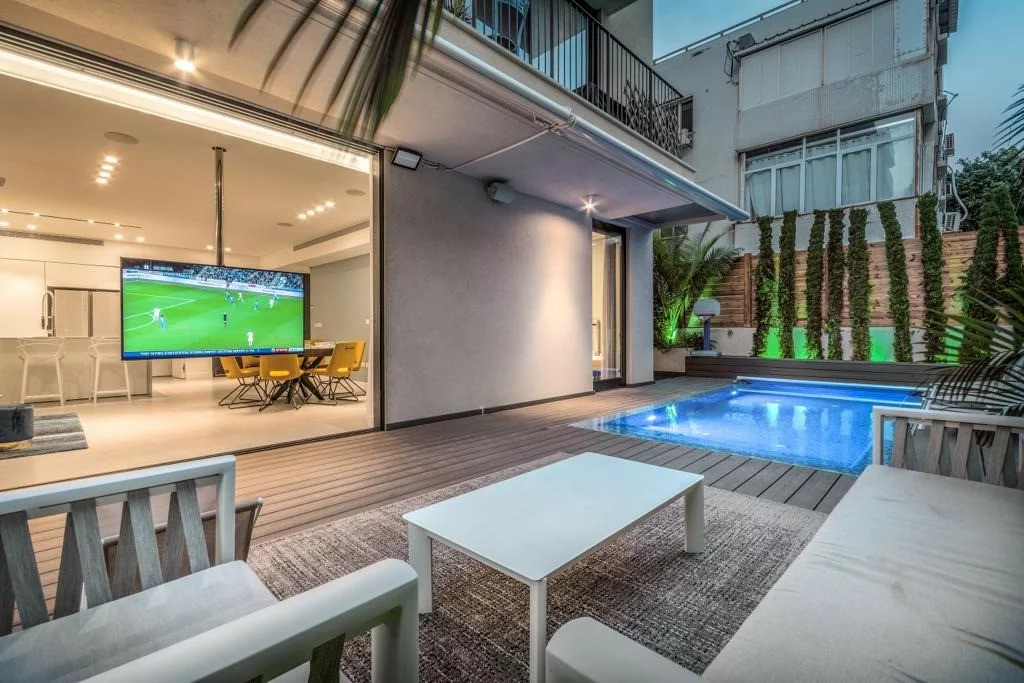
“There is a huge shortage of properties for rent and for sale.”
— How has the demand for real estate in the country changed during the last year? Which properties have become more in demand, and why?
— There is a huge shortage of properties for rent and sale—demand exceeds supply.
Israel's population is growing by 1.8% annually, with 16% due to international migration, and the birth rate is the highest among OECD countries (Organization for Economic Cooperation and Development—ed.). The limited amount of available land (for example, the entire territory of the country is 1/6 of the area of New York, and only part of it is built up) and the status of the only Jewish state support the high demand for housing.
Nevertheless, if you visit Israel at any given time, you'll see cranes and construction sites all over the country. The government encourages builders and investment companies to build and develop. In addition, there are unique National Plans in Israel for demolishing and rebuilding old buildings for new developments, which create more new projects and higher standards of living.
— Which properties in Israel, in general, are in constant need?
— Most of our inventory is condominiums, and among them, you can find penthouses, duplex apartments, and luxury apartments overlooking the Mediterranean Sea. Our condominium market is about 65% of our business, Villas & Single-family homes are about 15% of our market, and commercial properties such as land for development, buildings, offices, and retail are about 15% as well as 5% other. Part of the due diligence that we do for our development clients, both locally and globally, is checking the zoning and permits to develop.
— What is the current situation with real estate prices? For how much on average today can one buy an apartment in Tel Aviv and other regions of the country?
— The real estate market in Israel has been thriving for more than 14 years with no effect during COVID-19, but for the last year prices went up by a very small percentage and some stayed the same due to high interest rates.
For example, the average price in a top neighborhood in Tel Aviv for 2 bedrooms (such as the Old North neighborhood) is 3,780,000 Shekels (about $1,092,000), with taxes and common charges totaling 1,500 shekels (about $430). More budget-friendly options can currently be found in parts of the south and north of the country.
It’s worth mentioning that all apartments built after the Gulf War in 1991 must have a bomb shelter. It doesn’t affect prices, as this is mandatory and comes as part of the apartment.
As I already said, the demand for housing in Israel continuously exceeds the supply, making it a great place to invest. Israel's home prices rose 346% in a decade (2011–2021), the fastest in the world, with a 15.6% increase in the last year.
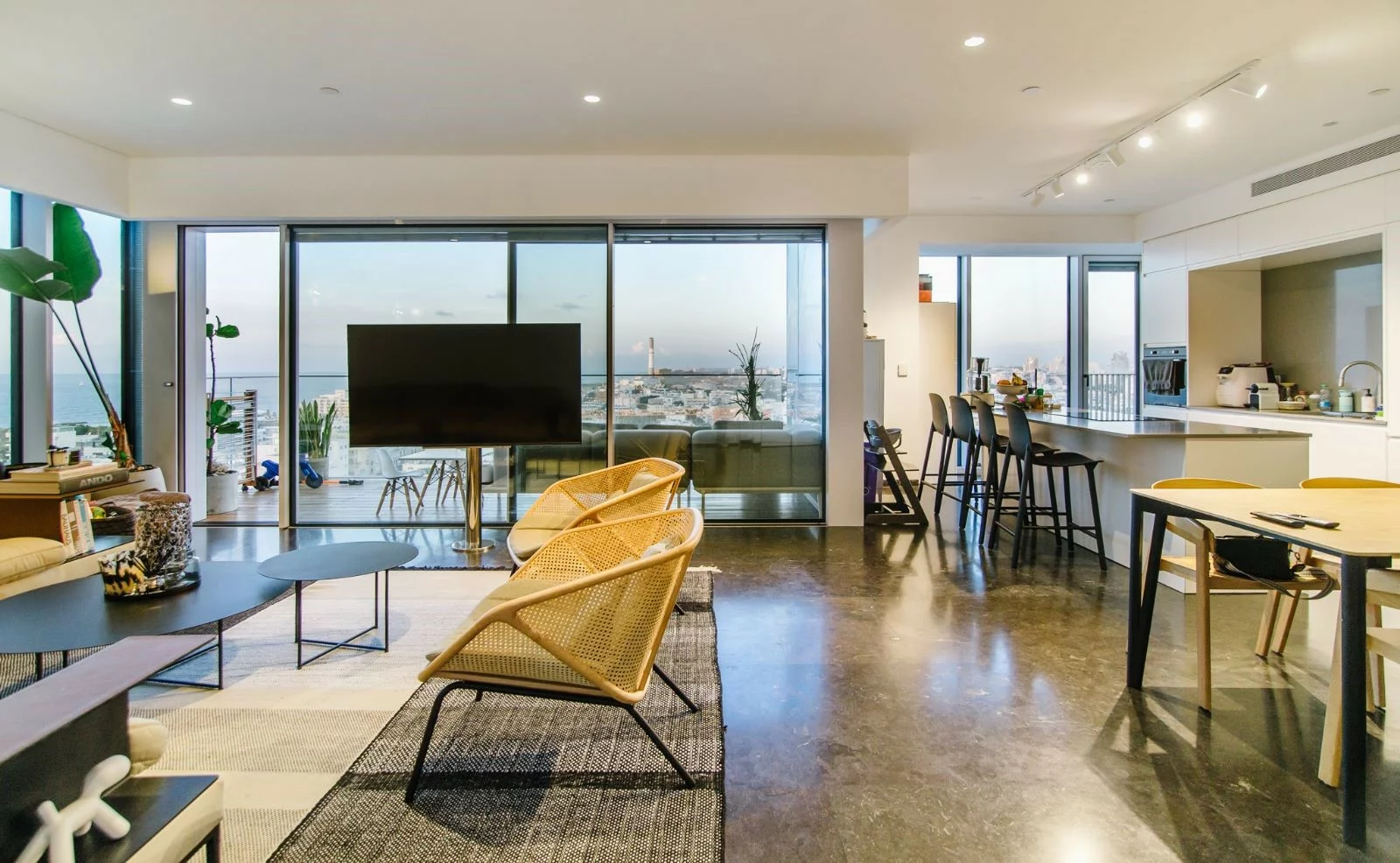
“The main investors in the market are citizens of the US, Canada, France, and the UK.”
— Can foreigners buy property in Israel? If so, who among the foreigners buys real estate in Israel most often, and why?
— The market in Israel is foreign buyer-friendly. It is usually easy for foreign buyers to invest, and therefore the local government system usually allows them to buy properties and assets. In our company, as part of LeadingRE, We receive many inquiries from global affiliates and clients to educate, assist, and implement an investment or purchasing plan, and we help throughout the process.
We see a lot of activity from investors and developers who are exploring our market from overseas, especially from countries such as the USA, Canada, France, and the United Kingdom.
There are two major types of foreign investors: the ones that buy a property just to invest in their own portfolio and use the property just to have it for their families; and the others that are large-scale investment companies looking to invest capital within the market for cash flow, profits, yields, and appreciation.
As for mortgages, banks usually approve 50% of requests from foreigners out of the total volume. Remote transactions are also possible.
— What taxes should buyers of real estate (both during and after the purchase) expect to pay?
— Taxes are not as significant for investors and buyers as in other global cities.
As of 2023, to purchase an apartment, a foreign buyer would have to pay a one-time transactional tax of 8%, similar to citizens of Israel, who will need to pay the same tax rate on a second home purchase.
Monthly charges such as Arnona (city tax) and Vaad (common charges in buildings) are being billed to renters, and therefore, as an investor, you’ll receive just the cash flow from the rent with no payments on top.
By the way, the average tax per square meter in Tel Aviv is 54 Shekels (about $15), which is relatively low compared to other cities in Israel (Jerusalem asks for 82 Shekels per square meter).
“Investors are now often buying older properties that are due for demolition in the future.”
— In which projects in the Israeli market do foreigners most often invest?
— New complexes are in great demand among foreigners, as they offer all sorts of amenities and a high standard of living.
Nowadays, buyers also often buy old real estate that is planned to be demolished in the future in order to get a new apartment in return for a few years at a higher price. Usually, the return is around 5%.
The thing is, many buildings that were built in the 50s and 60s but were not landmarked are now being demolished or renovated with national plans called TAMA38 and Pinui Binui. TAMA38 is a success story where old buildings allow a developer to strengthen the building and add a few floors in order to sell them, and in compensation, the developer adds space and amenities to each existing apartment and to the building overall. Pinui Binui is a plan to demolish a few buildings or a specific block and create a whole new area.
— Based on the current market situation, what do you expect to see in the future? What is your forecast?
— It seems that the construction of new projects in the coming years will be more concentrated in the north and south of the country.
The real estate market will remain strong as there is not much land for development. We believe that at some point the market will shift towards villas and single-family homes.
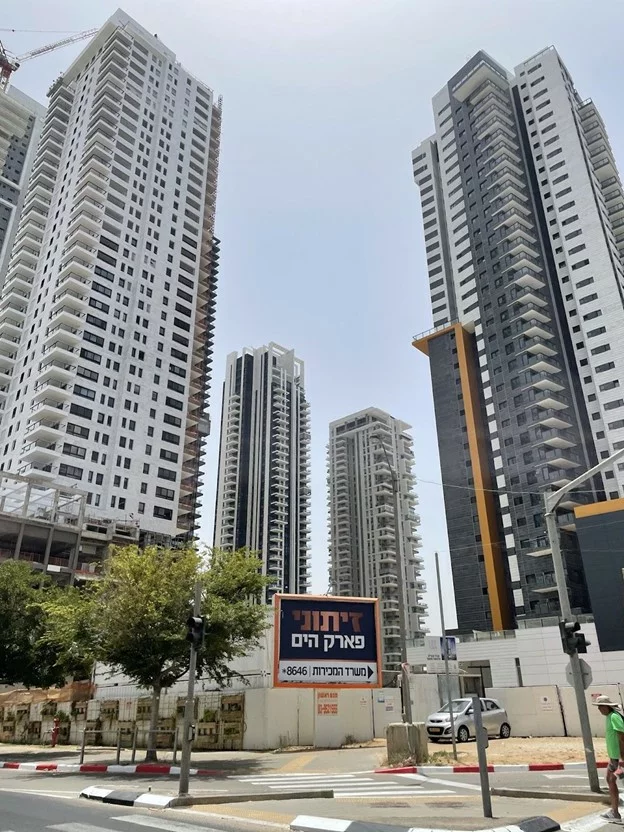
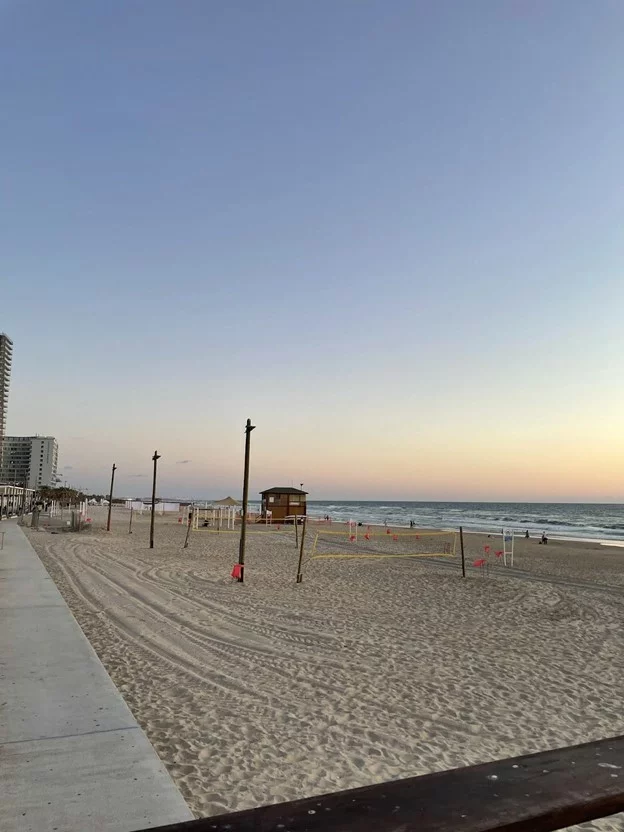
Author
I am responsible for editorial work. I write expert interviews and guides.
















